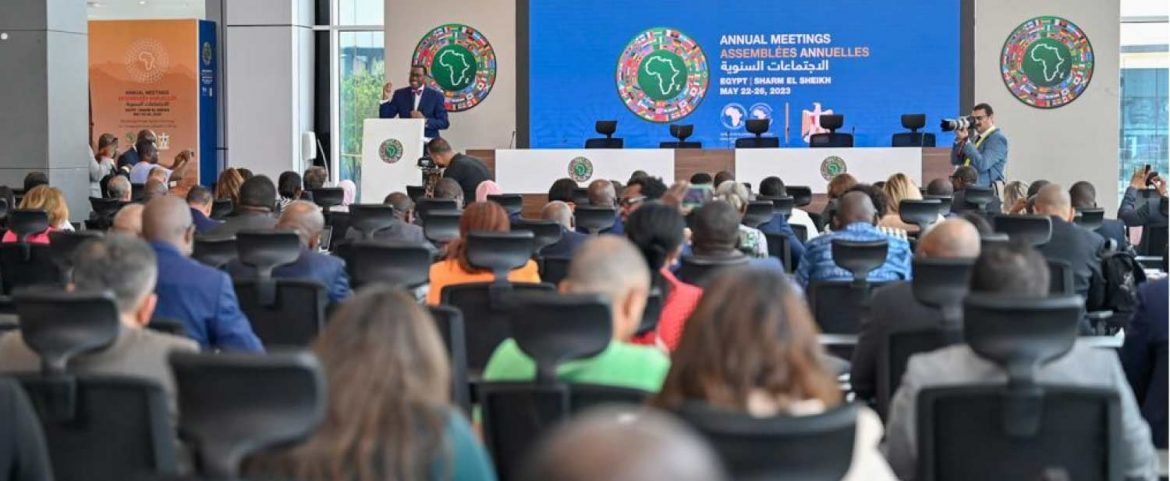African Development Bank Group President, Dr. Akinwumi Adesina has said that the lack of adequate financing for tackling climate change in Africa has become dire and is “choking” the continent.
Adesina made this known while addressing scores of journalists from Africa and around the world at a media lunch organized to kick off the Bank Group’s 2023 Annual Meetings in the Egyptian resort city of Sharm El Sheikh.
The Bank Group’s Annual Meetings will allow the Bank’s Board of Governors, African leaders and development partners to explore practical ways of “mobilizing private sector financing for climate and green growth in Africa,” in line with the theme of this year’s meetings.
The AFDB president called out developed nations for not honoring the $100 billion-a-year climate finance pledge they made to developing countries.
“Africa is being short-changed in climate finance. Africa is choking,” he said. “Your role as the media is very important to help carry the news – the news of efforts being made, challenges being faced, and the fierce urgency of now in getting much-needed climate finance to Africa,”.
Read also:New Zealand announces biggest emissions reduction project in history
Adesina said that the theme was chosen to draw attention to the urgent need for climate finance.
“Anywhere you look in Africa today, climate change is causing havoc,” Adesina said. “In the Sahel, hotter temperatures are drying up limited water, causing water stress for crops and livestock and worsening food insecurity.”
He explained that millions of people in Chad, Nigeria, Niger and Cameroon, adding that everything will change in all those countries.
“We will green the Sahel. We will insure every single African country against catastrophic weather events.”
Adesina told the journalists, “Africa’s measured natural capital alone is estimated to be worth $6.2 trillion,” which, if well harnessed, can spur rapid economic growth and wealth generation.
The president also spoke about the Bank’s flagship Technologies for African Agricultural Transformation (TAAT) scheme that provides heat-tolerant seed varieties to increase yield in crops such as wheat. He gave the example of Ethiopia which is now self-sufficient in wheat production and plans to export the surplus to neighbouring countries.
Story was adapted from the AFDB.
